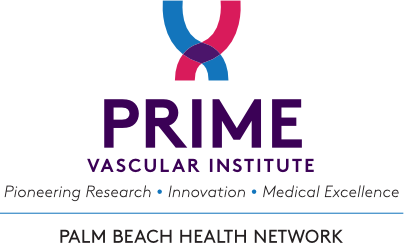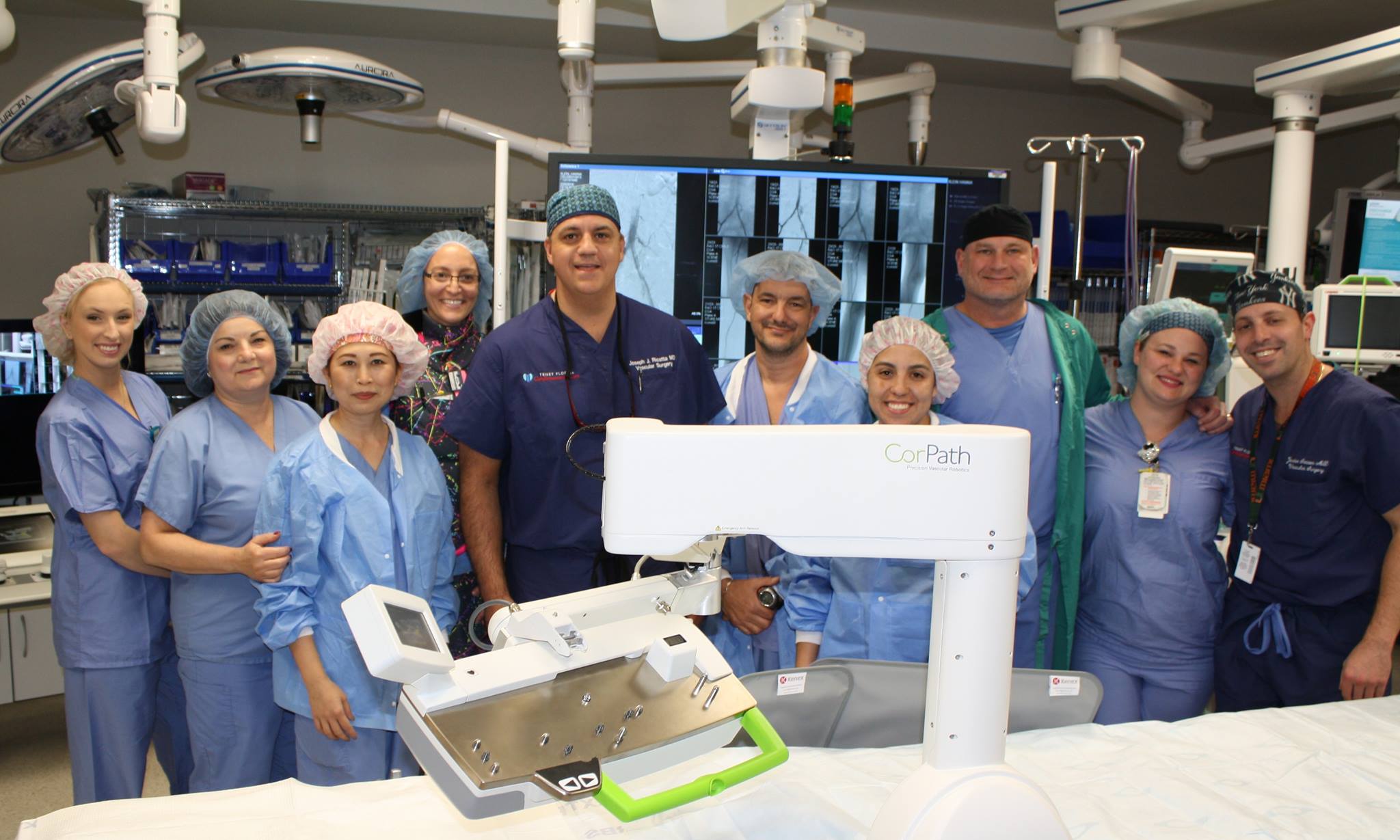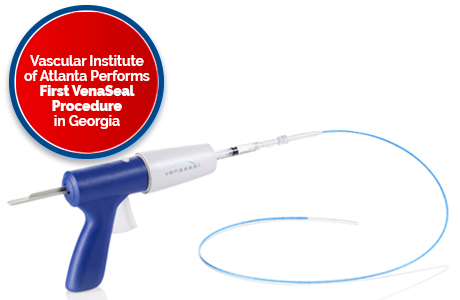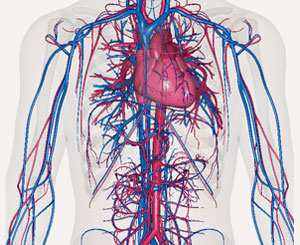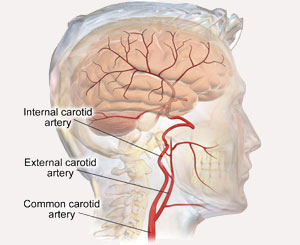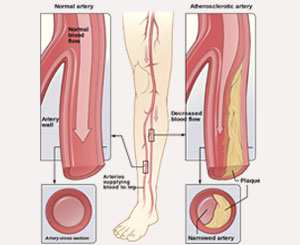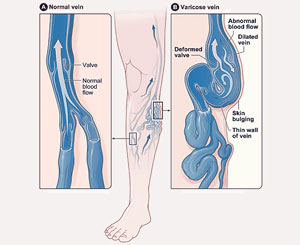When it comes to certain diseases or disorders, most of us fail to realize that, while different, many ailments play off one another. In regards to diabetes, its prevalence would suggest that the majority of people are generally aware of the fact that it occurs when the body either lacks enough insulin or struggles to use what is present. While long-term damage from diabetes can lead to more commonly known ailments such as cardiovascular disease, stroke, or kidney failure, it can also have a negative effect on your vascular system, leading to peripheral artery disease (PAD).
In short, people with diabetes have a higher risk of atherosclerosis, which may cause fatty deposits to build up in the inner linings of the artery walls of the legs, which not only makes them narrower, but hinders or stops the blood flow to the legs and feet. When this happens, aside from experiencing pain upon walking, those suffering from diabetes-linked PAD may develop foot wounds that are often slow to heal and in some cases, may be severe enough to warrant a foot or leg amputation.
Therefore, if you have diabetes, it’s important to get in the habit of establishing a daily foot care regimen that can help catch problems before they become a serious issue.
WHAT TO DO
To start, make a point to visit your doctor at least once a year for a foot exam—or more often if you already have foot problems—and communicate any issues you’re having. From there, consider the following steps:
1. Work with your doctor to set your target blood glucose numbers and pay attention to whether you’re sticking to that target on an everyday basis.
2. Check your feet for cuts, sores, redness, calluses, blisters, or infected toenails. While a simple cut or area of redness may seem like a minor issue, especially if it does not involve pain, it has the potential to turn into a serious problem if not properly addressed. Pay particular attention to the skin between your toes since wounds in this area are easily overlooked.
3. Wash your feel on a daily basis in warm water (avoid water that is excessively hot or excessively cold) and dry them well. If you are prone to sweating, consider using talcum powder to keep the sensitive area between your toes dry.
4. Trim your toenails each week or as needed. If you can’t reach or see your feet, either ask a friend or family member to help you, or have your doctor trim them during appointments. Pay close attention to any nails that are thick or yellowed, as they may be indicative of a brewing infection.
5. Wear shoes and socks to protect your feet and refrain from walking barefoot—even indoors—because you’re more likely to step on something that may cause an open wound.
6. Make sure your shoes fit well and leave room for your feet to spread out. Avoid pointed toes or high heels and opt for tennis shoes over sandals. Proper shoes should offer adequate support, yet be breathable enough to allow airflow to the feet.
7. Optimize blood flow to your lower extremities by putting your feet up when sitting or wiggling your toes and feet when you’ve been sedentary for an extended period of time. If possible, refrain from crossing your legs.
In the end, it’s also important to trust your instincts. When it comes to peripheral artery disease, you can never be too careful, so if a new wound looks bad or you feel like your feet are in need of care, don’t be afraid to call your doctor. Again, while most of us associate diabetes with issues involving blood sugar regulation, its ramifications can be experienced throughout the body.
If you have questions or feel that you’re in need of an experienced opinion, please feel free to contact me. Our office is here to help.
Dr. Joseph J. Ricotta II MD, MS, FACS
Vascular Institute of Atlanta
www.AtlVascular.com
470-355-3053
